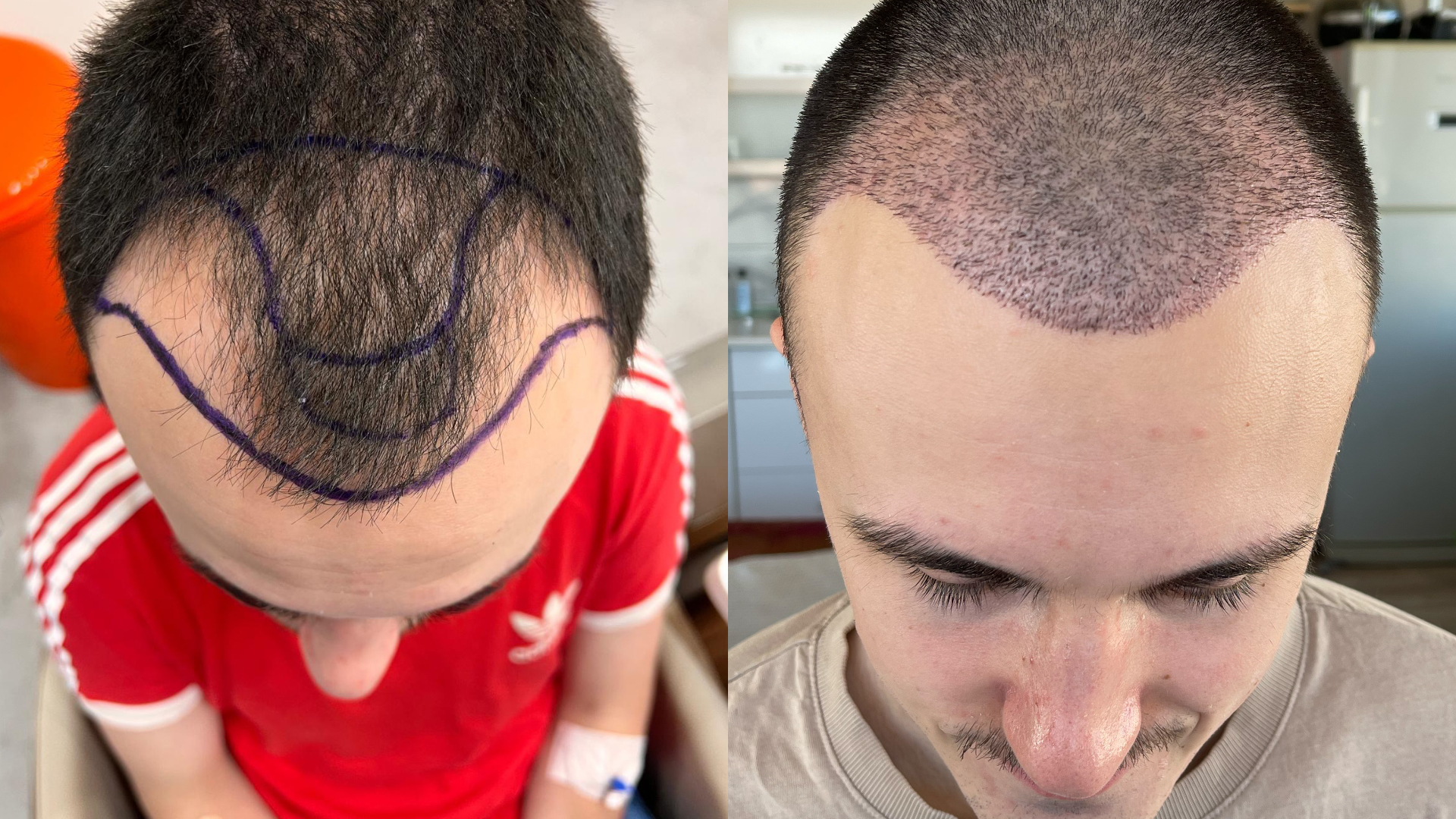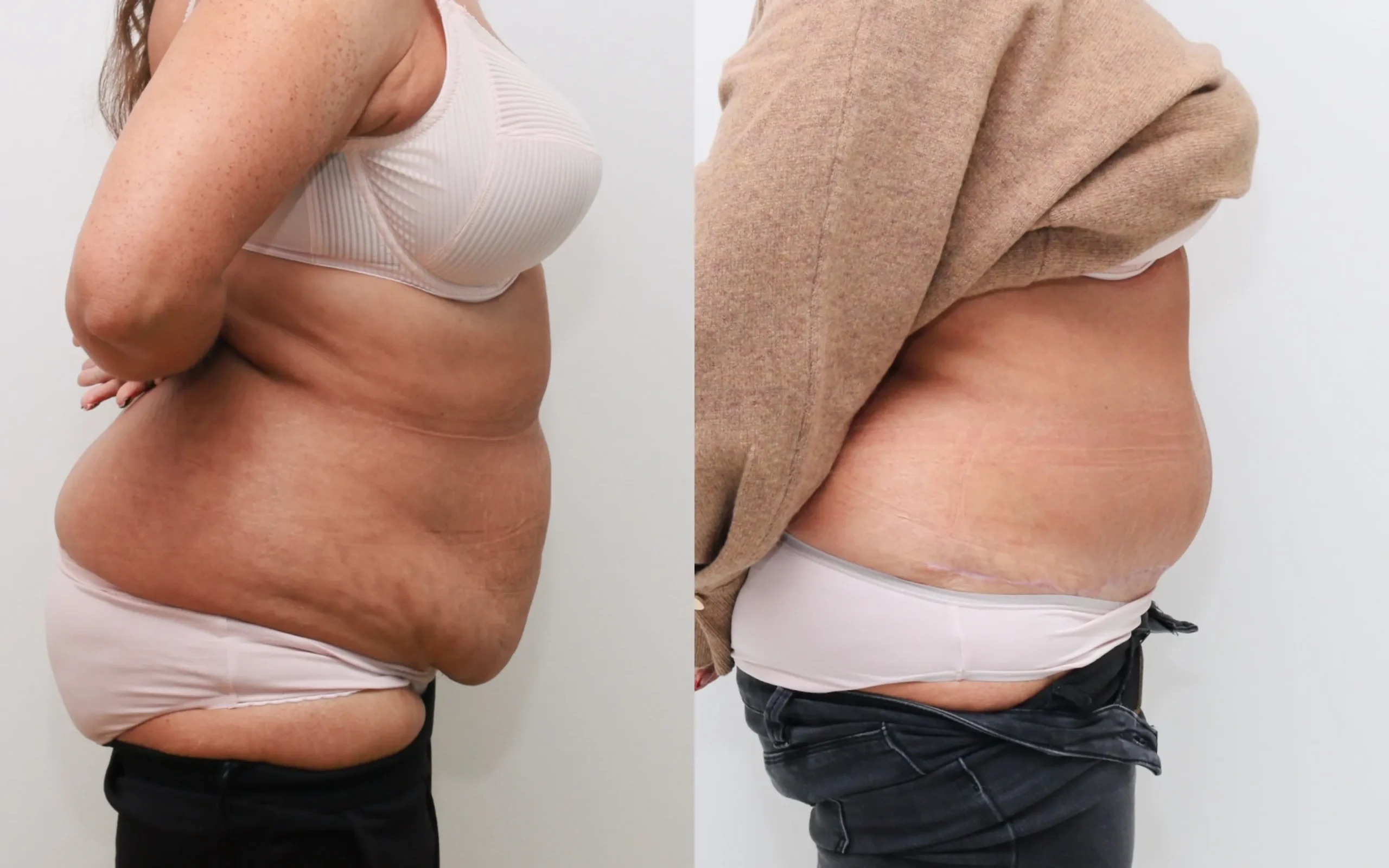Personalized Care at Home: A Look into Home Healthcare

In recent years, the demand for home healthcare services has grown significantly as people seek more convenient, comfortable, and individualized care. Home healthcare offers an alternative to traditional hospital or nursing home settings, focusing on providing high-quality medical attention in the familiar and supportive environment of a patient’s home. This article explores the rise of personalized Home Healthcare in Dubai, the benefits it offers, and the different types of services available to meet diverse healthcare needs.
The Growth of Home Healthcare:
The global healthcare landscape has evolved in response to several factors, including an aging population, advancements in medical technology, and a growing preference for more personalized care. As more people with chronic illnesses, disabilities, and recovery needs opt for in-home care, the home healthcare industry is expanding to accommodate a variety of needs, ranging from basic assistance to more complex medical treatments.
Aging Population and the Shift Toward Home Care:
One of the primary drivers of the home healthcare trend is the aging population. According to the United Nations, the global population of people aged 60 and older is projected to reach nearly 2.1 billion by 2050, creating a growing demand for healthcare services that cater specifically to this demographic. Elderly individuals often prefer the comfort and privacy of their own homes for receiving care, and home healthcare allows them to remain independent and maintain their quality of life.
Types of Home Healthcare Services:
Home healthcare services encompass a wide range of care options that can be customized to suit the specific needs of patients. These services can be classified into two main categories: skilled care and non-skilled care.
Skilled Home Healthcare Services:
Skilled care includes medical services that require licensed professionals, such as nurses or physical therapists, to perform procedures and monitor a patient’s condition. These services are typically prescribed by a doctor and can include:
Nursing care: Registered nurses (RNs) or licensed practical nurses (LPNs) provide essential care such as administering medications, changing dressings, monitoring vital signs, and managing chronic conditions like diabetes or heart disease.
Physical therapy: Physical therapists assist patients in regaining mobility, strength, and flexibility following surgery, injury, or illness. They design personalized rehabilitation programs to help patients improve their range of motion and regain independence.
Occupational therapy: Occupational therapists help patients perform daily tasks, such as dressing, cooking, or bathing, by teaching them techniques to improve motor skills and adapting their home environment for safety and ease of use.
Speech therapy: Speech-language pathologists work with patients who have communication disorders or swallowing difficulties, helping them improve their speech and cognitive abilities after a stroke or other neurological conditions.
Medical social services: Medical social workers offer emotional support and help patients and their families navigate healthcare systems, find resources, and manage the emotional and social aspects of medical conditions.
Non-Skilled Home Healthcare Services:
Non-skilled care focuses on personal assistance and support with daily activities, rather than medical procedures. This type of care is generally provided by trained caregivers, home health aides, or companions. Examples of non-skilled care include:
Personal care: Home health aides assist patients with tasks such as bathing, grooming, dressing, and toileting.
Companionship: Companions offer social interaction, emotional support, and assistance with light household tasks such as cooking, cleaning, and running errands.
Respite care: This service provides temporary relief to family caregivers, allowing them to take a break from their caregiving responsibilities while ensuring their loved one receives professional care.
The Benefits of Personalized Home Healthcare:
Personalized home healthcare offers numerous advantages over institutional care, making it an appealing option for patients and families alike. Below are some key benefits of receiving healthcare at home:
Comfort and Familiarity:
Receiving care at home allows patients to remain in a familiar environment, surrounded by their family, pets, and personal belongings. This sense of comfort can have a significant positive impact on a patient's emotional well-being and recovery. Home care also offers privacy and the ability to maintain daily routines, which can improve a patient's quality of life.
One-on-One Attention:
Unlike in a hospital setting, where patients may be attended to by multiple healthcare professionals, home healthcare services provide individualized attention. Patients receive care that is tailored to their specific needs, ensuring that they are receiving the right level of support and treatment at the right time.
Reduced Risk of Hospital-Related Infections:
Hospitals are known to be breeding grounds for infections, especially hospital-acquired infections (HAIs). By opting for home healthcare, patients are less exposed to the risk of contracting these infections, which can complicate recovery and lead to longer hospital stays.
Cost-Effectiveness:
In many cases, home healthcare is more affordable than long-term hospitalization or nursing home care. Since patients do not need to pay for room and board or extensive administrative costs associated with institutional care, home healthcare can be a more cost-effective option. Additionally, the ability to prevent hospital readmissions through proactive in-home care can save money in the long run.
Family Involvement:
Home healthcare allows family members to be more involved in the patient’s care. They can monitor progress, ask questions, and provide emotional support. In some cases, family members may even be trained to provide basic care or assist with certain medical tasks, enhancing the patient’s overall care experience.
The Role of Technology in Home Healthcare:
Advancements in technology have played a crucial role in the development of home healthcare services. Telemedicine, for example, allows patients to consult with doctors remotely, reducing the need for in-person visits. Similarly, remote monitoring devices can track vital signs such as blood pressure, heart rate, and oxygen levels, allowing healthcare professionals to monitor a patient’s condition from a distance and make adjustments to treatment plans when necessary.
Smart home devices are also becoming an integral part of home healthcare. These devices can help manage medication schedules, monitor falls or accidents, and even assist patients with mobility and communication. With these technological innovations, home healthcare is becoming more efficient, accessible, and effective.
How to Choose the Right Home Healthcare Provider:
When selecting a home healthcare provider, it’s important to consider several factors, including:
Credentials and experience: Ensure that the provider’s staff are licensed and trained to handle the specific healthcare needs of the patient.
Personalized care plans: Look for providers that offer customized care plans tailored to the patient’s unique requirements.
Reviews and recommendations: Check reviews and ask for recommendations from healthcare professionals or family members who have had experience with home healthcare services.
Conclusion:
Personalized home healthcare offers a compassionate, effective, and cost-efficient alternative to traditional healthcare settings. By providing skilled and non-skilled care in the comfort of a patient’s home, home healthcare allows individuals to maintain their independence, improve their quality of life, and receive tailored treatment that meets their specific needs. As technology continues to enhance the capabilities of home healthcare, it is likely that this form of care will continue to grow, offering even more opportunities for patients to receive high-quality medical attention from the comfort of their own homes.
Note: IndiBlogHub features both user-submitted and editorial content. We do not verify third-party contributions. Read our Disclaimer and Privacy Policyfor details.







